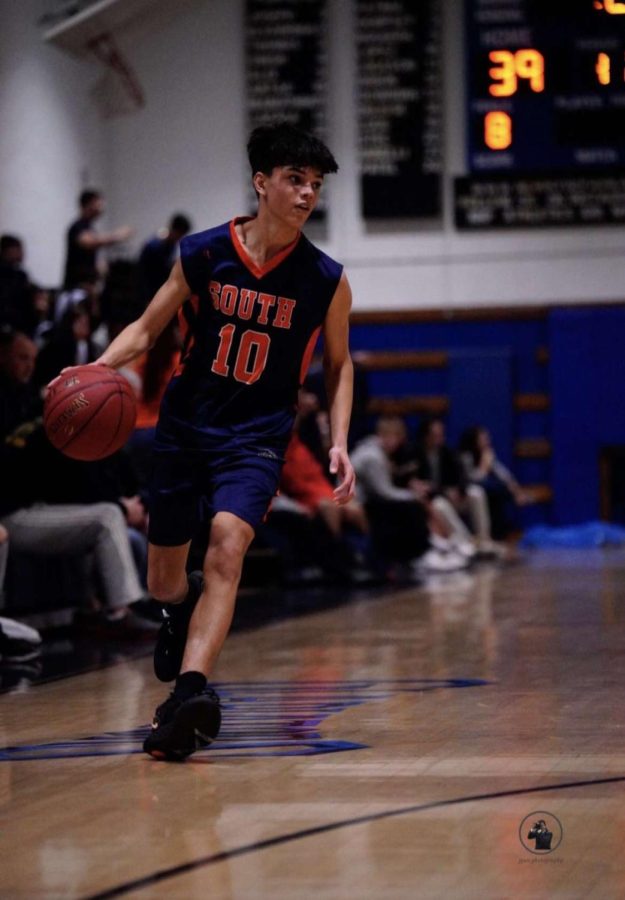
By Amanda Madenberg and Celina Sun
A good portion of South’s students would likely jump at the chance to nap in school. In fact, the idea of creating a nap room for students to use during their lunch or free periods has been suggested to South’s student government more than once. Admittedly, the idea’s fruition is highly unlikely, but students’ desire for some more sleep isn’t unjustified. Luckily, there are methods that students can employ to maximize sleep.
Biting off more than we can chew is a common problem among South’s busy students. We often take demanding courses, play on sports teams, and participate in multiple clubs and activities. When all those hours are added to time spent with family and friends, it’s no wonder that we often push sleep to the back-burner—there is so much to do.
Fortunately, most of us are past the denial stage: we are completely aware that we need more sleep. The next problem? We are not willing to make the sacrifices necessary in order to gain nighttime hours. South’s students are ‘doers;’ even those with less rigorous coursework must take a certain number of classes each year on top of additional commitments to family and activities. Underclassmen must fulfill five core subject credits plus gym, health, and various elective categories. If each of these classes distributed homework on a given night, that would leave the student swamped in work!
Studies from the National Sleep Foundation found that adolescents need eight to ten hours of sleep per night; however, only 15 percent of teens actually get that number. Luckily, students don’t have to drop an AP, forgo a club, or quit a sports team to maximize sleep.
Better time management, although often dismissed as easier said than done, can significantly help students attain more sleep if approached in the right way. Allotting certain amounts of time to complete certain tasks doesn’t work for everyone, but other methods exist—simple ones that may not have come to mind.
For example, instead of doing the easiest homework first, students should try starting with what is definitely going to be due, checked, or graded, so they don’t spend all of their free time on work that isn’t as consequential. Although this method can often mean doing the work that is most dreaded first, the method effectively enables students to make the best use of their time.
Furthermore, students should try getting into the habit of not putting off long-term projects in favor of assignments that are due sooner. Instead, they should aim to work on long-term projects a little each day—even if it’s just ten minutes of brainstorming— so that they don’t end up having finish the whole project in one night.
Students should also try taking full advantage of their planners, iPads, or post-it notes—whichever system works for you. It may seem simple or even elementary, but you’d be surprised how much those little reminders can trigger your memory. Planners can help you organize test dates and upcoming assignment deadlines. Knowing exactly what assignments you must complete each evening can help you prioritize the most important work first.
Additionally, phones and the Internet are devils when it comes to productivity. Many students keep their phones beside them as they attempt to complete homework and are consequently constantly distracted by notifications from friends and social media. If students were to turn off their phones or keep it in a separate room, they could potentially cut down hours of their “study” time. We’re all guilty of snapchatting pictures of our “Ko Outlines” or “Graham Guides” with captions lamenting over all the work we have to do, but if we did not interrupt our brains’ thought processes with social networking, we’d probably get more done in less time.
Time management is hard to put into practice, but students must not come to accept a reality in which a nap room is seen as the best solution to South’s sleep deprivation problems.
Napping isn’t the answer. Students must develop time management methods that work for them so that they can sleep more at night no matter how busy they are.









